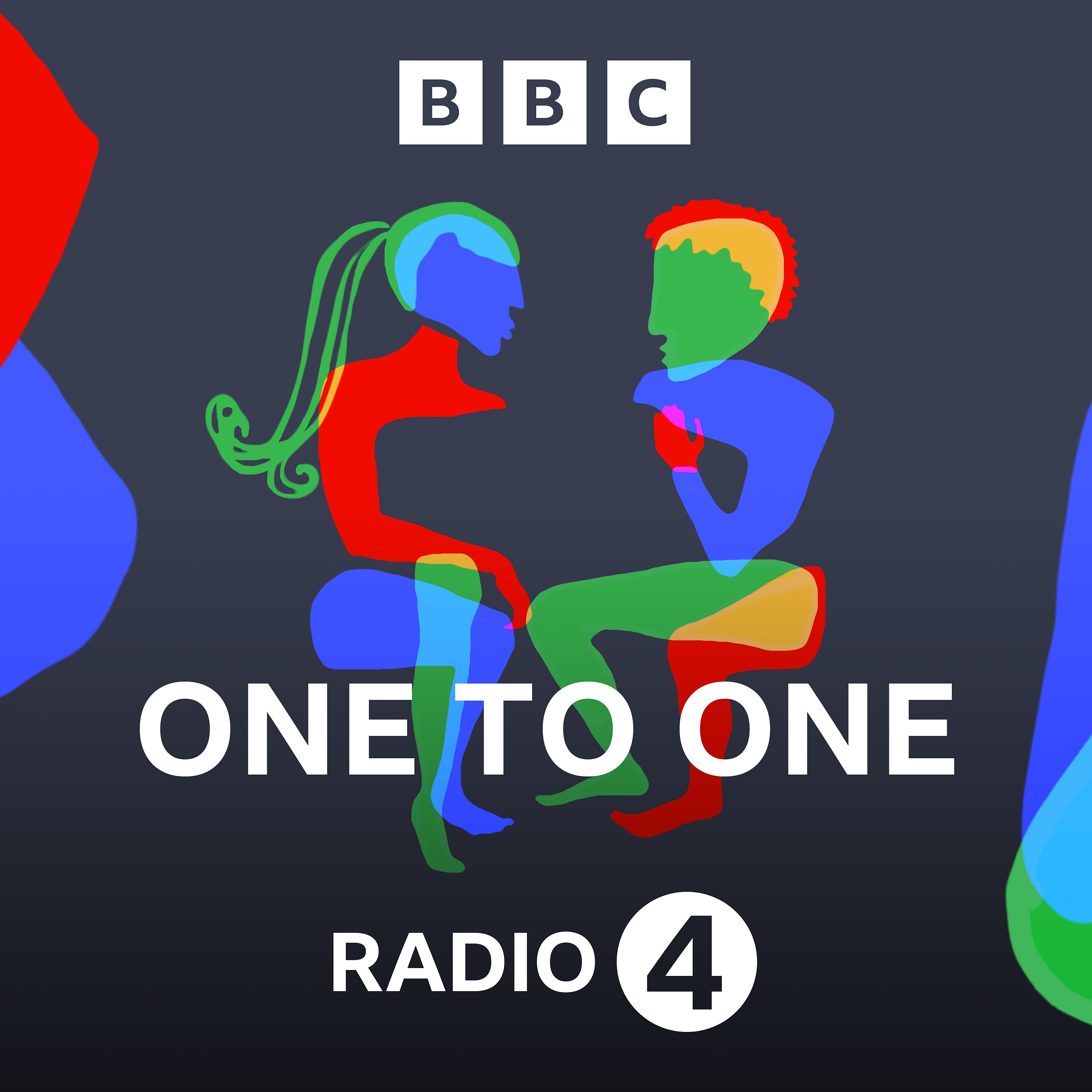Dr Faye Didymus
Reader Leeds Beckett
- Leeds
Dr Faye Didymus' research addresses human welfare using theories of psychological stress and well-being.
Social
Biography
Faye studied for an undergraduate degree in sport and exercise sciences at the University of Gloucestershire. She graduated with first class honours before spending a year in research at Brunel University, West London. She then moved to Loughborough University to read for a PhD in sport and performance psychology before joining the Carnegie School of Sport at Leeds Beckett University in 2013.
Faye's research focuses on human welfare using theories of psychological stress and well-being. She publishes her research in peer-reviewed scientific journals and regularly attends national and international conferences to disseminate the findings of her work. Her research has been funded by The Football Association, Sport Wales, the Royal College of Veterinary Surgeons, the World Badminton Federation, UK Coaching, Funds for Women Graduates, the Sidney Perry Foundation, the British Psychological Society, Loughborough University, and Leeds Beckett University. She is as a peer-reviewer for a range of leading periodicals, international conferences, and grant programmes.
Faye is a fellow of the Higher Education Academy (FHEA) and the British Association of Sport and Exercise Sciences (FBASES), a BASES Accredited Sport and Exercise Scientist, a Science Council Chartered Scientist (CSci), and holds primary certificates in Cognitive Behavioural Therapy and Training and Stress Management. During her applied work, she consults with sport performers, sport coaches, support staff, and organisations to facilitate optimal performance and well-being. Her previous and on-going applied practice includes work with organisations such as International Business Machines (IBM), the Lane4 Management Group, British Triathlon, the National Ice Skating Association of Great Britain, the Talented Athlete Scholarship Scheme, and Loughborough University Performance Sport.
Industry Expertise
Areas of Expertise
Accomplishments
Xcel Student of the Year
2011
Young Investigator Award
2012
International Convention on Science, Education, and Medicine in Sport; ICSEMIS
Promising Researcher Fellowship
2016
Leeds Beckett University
Education
University of Gloucestershire
BSc
Sport and Exercise Sciences
2008
Brunel University of London
MPhil
Sport and Performance Psychology
2009
Loughborough University
PhD
Sport Psychology
2012
Affiliations
- Psychology of Sport and Exercise : Editorial Board
- Journal of Sport Psychology in Action : Editorial Board
- International Journal of Sport and Exercise Psychology : Editorial Board
- British Association of Sport and Exercise Sciences : Fellow
- Association for Applied Sport Psychology
- FEPSAC
Links
Languages
- English
Media Appearances
Why skipping your workouts can make you feel depressed
Aleteia online
2018-06-21
It’s possible that someone who works out regularly would experience a dip in mood after taking a few days off, says Faye Didymus, Ph.D., a sports psychologist at Leeds Beckett University in the UK who was not involved in the study.
Preparing for the pressure of Paris
LBU Carnegie School of Sport online
2024-04-17
The Olympic Games opening ceremony is just 100 days away (26 July). Leeds Beckett’s reader in sport and performance psychology, Dr Faye Didymus, features on Eurosport's 'The Olympians' documentary exploring the preparation of the medal contenders including triple Olympic champion Adam Peaty. Here, Faye explores the psychological preparation necessary for elite athletes bidding to make history.
Event Appearances
Organizational Stress & Well-Being in competitive sport: A systematic review
16th European Network of Youth Specialists in Sport Psychology (ENYSSP) Conference Online
nterpersonal stress in sport: Exploring coping in the coach-athlete-parent triad
Division of Sport and Exercise Psychology Swansea, UK
Parents in academia: Trials, tribulations, and tales from life's rush hour
Division of Sport and Exercise Psychology Swansea, UK
Navigating lost move syndrome with an elite trampolinist
Division of Sport and Exercise Psychology Swansea, UK
Addressing voids in knowledge relating to psychological stress in sport
Division of Sport and Exercise Psychology Swansea, UK
Articles
Organizational stress and well-being in competitive sport: a systematic review
International Review of Sport and Exercise Psychology2021
Research on organizational stress in sport has expanded within recent decades. Despite voluminous literature, no systematic reviews exist to congregate findings in a single, rigorous point of reference. Filling this void helps researchers and practitioners to understand organizational stress and its implications for health, well-being, and performance.
Exploring stressors and coping among volunteer, part-time and full-time sports coaches
Qualitative Research in Sport, Exercise and Health2018
The stressor and coping experiences of full-time and paid coaches have been reported in the literature, yet researchers have largely overlooked the experiences of part-time and voluntary coaches who make a substantial contribution to the coaching workforce. This study aimed to begin addressing these voids by exploring volunteer, part-time and full-time coaches’ stressors and coping strategies.
Stressors, coping, and well-being among sports coaches: A systematic review
Psychology of Sport and Exercise2017
Sports coaching can be an inherently stressful occupation because coaches must fulfill multiple roles and cope with various expectations. Further, stress and well-being have implications for coach performance. The objective of this study was, therefore, to conduct a systematic review of literature on stressors, coping, and well-being among sports coaches.
Effects of a cognitive-behavioral intervention on field hockey players’ appraisals of organizational stressors
Psychology of Sport and Exercise2017
We assessed the effects of a cognitive-behavioral intervention on English field hockey players’ appraisals of organizational stressors, emotions, and performance satisfaction.
Olympic and international level sports coaches’ experiences of stressors, appraisals, and coping
Qualitative Research in Sport, Exercise and Health2016
The aim of this study was to use the cognitive-motivational-relational theory (CMRT) of stress and emotions as a lens to explore psychological stress with Olympic and international level sports coaches. In particular, the study aimed to explore situational properties of stressors and coaches’ appraisals to address voids in the published literature.




